To tackle the issue of poor electricity supply which has been part of the infrastructure deficit mix affecting efforts to deepen industrialization in Nigeria, economic experts have advocated the adoption of Public Private Sector model of intervention in the power sector.
Public Private Partnership (PPP) is a funding model for public infrastructure projects. In such scheme, the public partner is represented by the government, while the private partner can be a private firm or a consortium of businesses with a particular area of expertise.
This they said would help in attracting robust investments to tackle the dearth of infrastructural facilities responsible for poor power generation, transmission and distribution across the country.
Join our WhatsApp ChannelThe experts made the call while discussing issues bordering on current economic challenges in Nigeria at Channels TV SunriseDaily talk show on Tuesday morning.
Development Economist, Prof. Ken Ife while highlighting issues responsible for current economic challenges in Nigeria, said poor power supply have high negative impacts on production in the country.
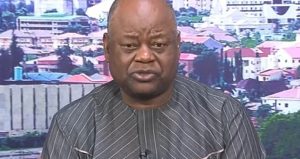
Ife said, “There is no way you can disguise the impact of power as a binding constraint to our productive capacity. It’s a binding constraint.
“If you compare Nigeria and South Africa, we are four times their population, but they have 58,000 megawatts, so, they are actually effectively 40 times bigger than Nigeria in terms of per Capita for power supply. We have the same population with Brazil, which is delivering 380,000 megawatts – over 1000 percent. We need to be at about 100,000 megawatts to actually make sense not 5000 megawatts.
“We need to get the private sector to do what they can. Part of that challenge is actually being addressed but I am not sure how long it’s going to take” Ife stated.
The economist observed that Nigeria has low foreign exchange earning because domestic production capacity of the economy is very low.
He maintained that the economy can only get better when the domestic production capacity is raised up through addressing various infrastructure challenges impairing it.
READ ALSO: Three Reasons Nigeria’s Electricity Supply Wobbles – Barth Nnaji Exclusive
Speaking on causes of the economic challenges and how it can be addressed, a Senior Economist at SPM Professionals, Paul Alaje said the problem with Nigeria is that the fundamental things that has to do with infrastructure that drives production for the economy to improve are usually ignored.
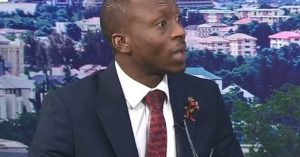
Alaje who is also a Fellow of the Institute of Economists, said intervention by the monetary authority is not a sustainable way of addressing the economic challenges rather it requires serious commitment to tackling infrastructural gaps for instance, in the power sector.
He said, “The challenge is that for our economy, we want to do the first thing last, hoping that God will do it for us. What is the first thing? Factory first. I have not seen any country that has a large population in an environment without getting factory right.
“We need factory to process raw agricultural products. How do we get factory? First is get stable power supply. Have we been able to shoot up to 10,000 megawatts. I am not talking about generation; it is nonsense. When you generate and can’t transmit it’s nonsense. What is the capacity of our transmission?,” he queried.
To get stable power supply, Alaje said Nigeria with with her population need between 50,000 and 100,000 megawatts not the current 5000 Megawatts it is operating with.
He said that existing manufacturing companies are reeling under heavy weight of energy costs which affect production output level and general cost of things.
Currently, the price of diesel which companies use to power their generating set is N700, against N300 it was sold last year.
Apart from electricity, the experts highlighted other sectors that need to be addressed to improve the economy which include transportation (road and rail), education (improvement in technical education), security and health.
Victor Ezeja is a passionate journalist with seven years of experience writing on economy, politics and energy. He holds a Master's degree in Mass Communication.

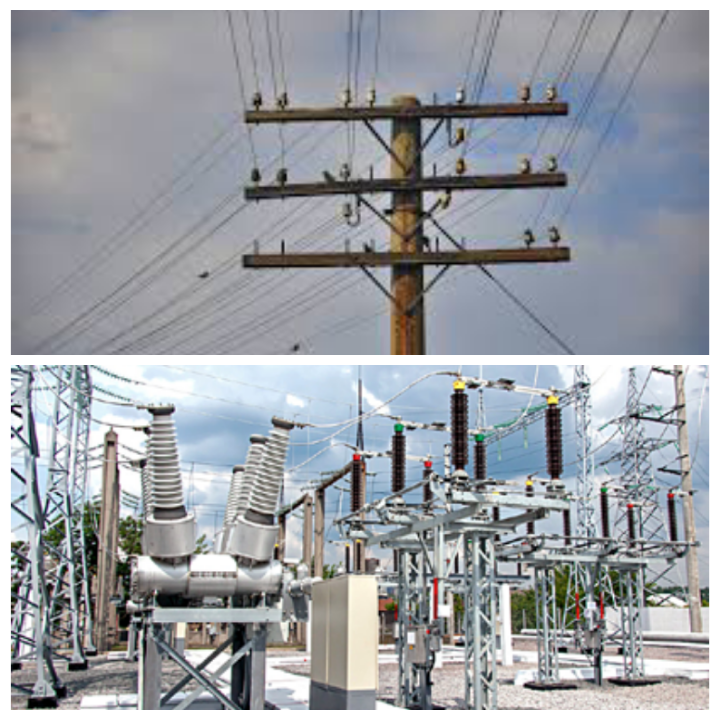

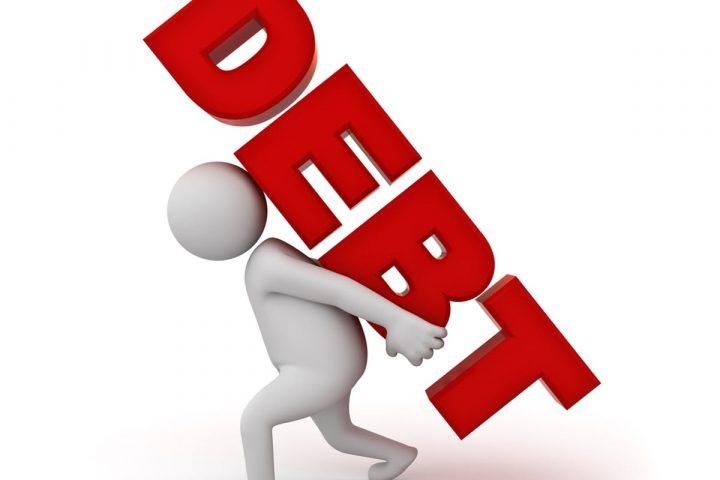












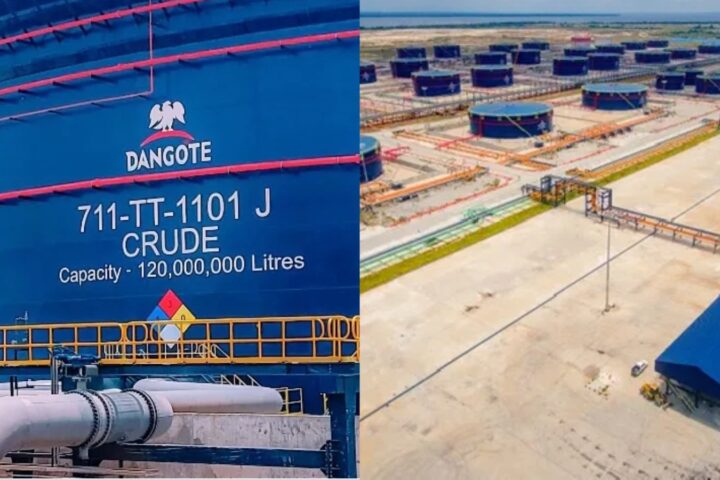
Follow Us